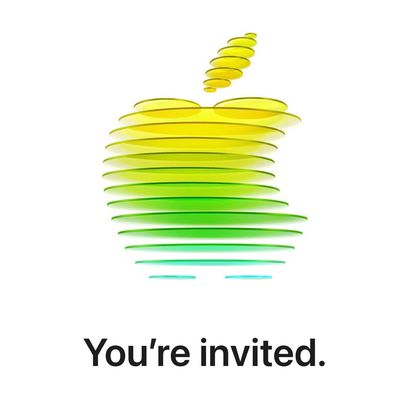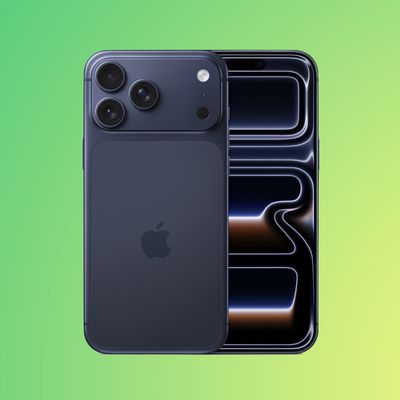iOS 18 Brings Adaptive Lighting to Matter Smart Lights
iOS 18 expands Adaptive Lighting support to Matter-compatible smart lights, The Verge reports.

Adaptive Lighting was introduced in iOS 14, providing a way to automatically adjust the color temperature of smart lights throughout the day. The feature currently only works with HomeKit-enabled devices, but it will be extended to smart lights that are compatible with the Matter standard with iOS 18.
Matter, a smart home interoperability protocol developed collaboratively by Apple, Google, Amazon, and other smart home brands, seeks to create a unified, platform-agnostic ecosystem for smart devices. Adaptive Lighting is an exclusive feature of the Apple Home ecosystem, meaning it is not included in the Matter specification itself.
The expansion of Adaptive Lighting to Matter devices was discovered in the latest beta version of iOS 18. Users running the beta reported seeing a new toggle for Adaptive Lighting in the settings of their Matter-compatible smart lights within the Home app.
Confirmation of the feature's development also came from Nanoleaf, whose CEO Gimmy Chu stated that the company is "one of the partners that are part of the launch of Adaptive Lighting on Matter products." It is highly likely that other major smart lighting brands, such as Philips Hue, will also support the feature in due course.
In addition to the expanded support for Adaptive Lighting, iOS 18 brings a range of other smart home enhancements to the Home app such as improved guest access controls, support for robotic vacuum cleaners like the iRobot Roomba, and hands-free unlocking of smart doors.
Popular Stories
Apple is looking for a "breakthrough" with its push into wearable AI devices, including an "AirTag-sized pendant," according to Bloomberg's Mark Gurman.
In a report this week, he said the pendant is reminiscent of the failed Humane AI Pin, but it would be an iPhone accessory rather than a standalone product.
The pendant would feature an "always-on" camera and a microphone for Siri voice...
Apple today announced a "special Apple Experience" in New York, London, and Shanghai, taking place on March 4, 2026 at 9:00am ET.
Apple invited select members of the media to the event in three major cities around the world. It is simply described as a "special Apple Experience," and there is no further information about what it may entail. The invitation features a 3D Apple logo design...
New trade-in data indicates that Apple's iPhone 17 Pro Max has rapidly become the single most traded-in smartphone.
According to a new report from SellCell, Apple's latest flagship iPhone has quickly risen to the top of the independent trade-in market, accounting for 11.5% of all devices appearing in the top-20 trade-in rankings just months after release. The analysis is based on SellCell...
Back at WWDC 2025, Apple revealed that it was planning to allow CarPlay users to watch video via AirPlay in their vehicles while they are not driving, and the first beta of iOS 26.4 suggests the feature may be nearing availability.
There are several new references to CarPlay video streaming functionality within the iOS 26.4 beta's source code. The feature is not yet visible to users, but...
Apple will announce its rumored low-cost MacBook at its event on March 4, with the device coming in a selection of bold color options, according to a known leaker.
Earlier this week, Apple announced a "special Apple Experience" for the media in New York, London, and Shanghai, taking place on March 4, 2026 at 9:00am ET.
Posting on Weibo, the leaker known as "Instant Digital" said that the...





















